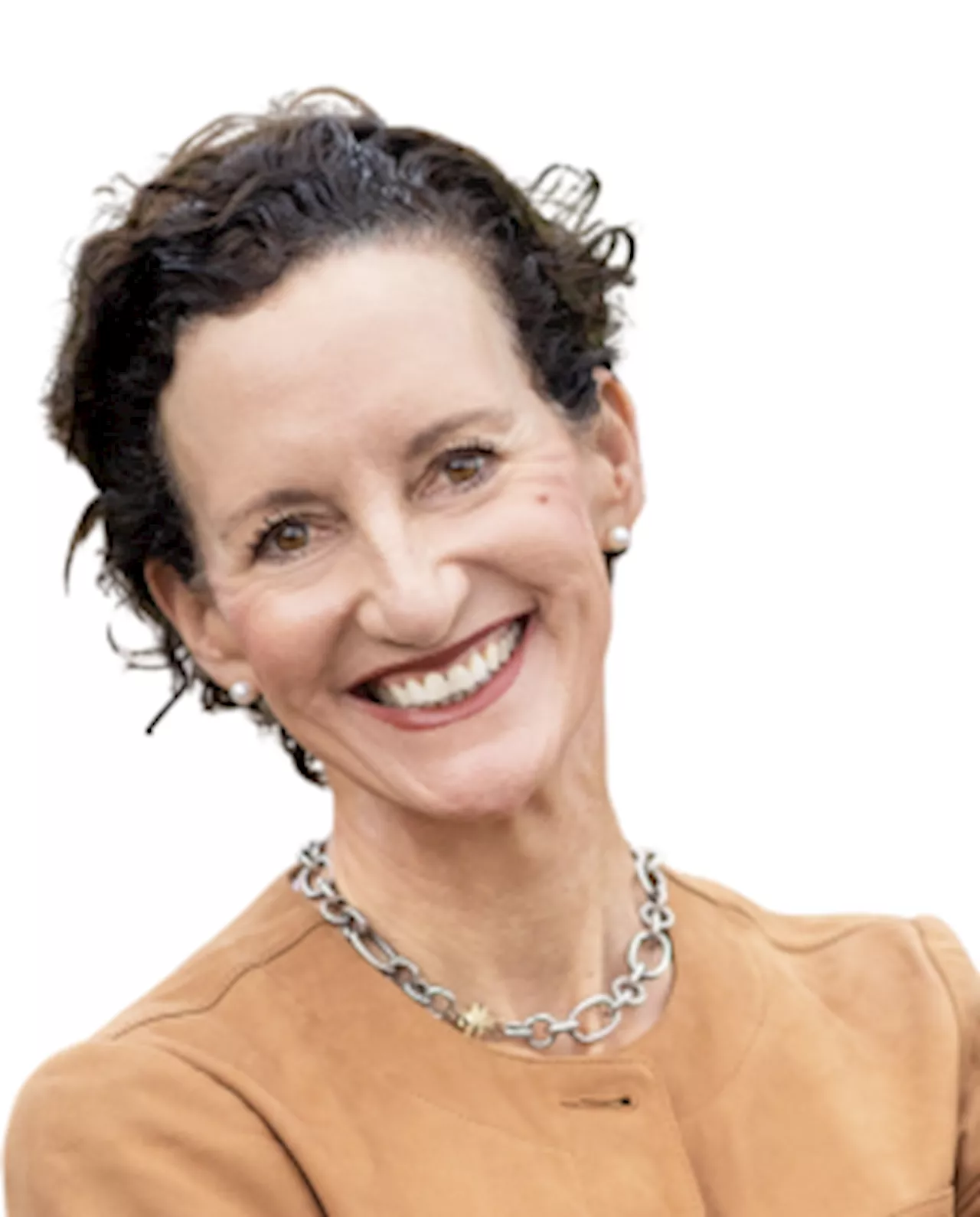Politics
Navigating Complex Emotions in Open Relationships

The dynamics of open relationships can lead to complex emotional situations, particularly when alcohol and intimate interactions are involved. In a recent inquiry to the sex advice column, “How to Do It,” a reader faced a dilemma after a night of couple play resulted in one husband becoming overly focused on another man’s wife, leaving his own partner feeling neglected and hurt. This situation raises important questions about boundaries and the emotional fallout that can occur in non-monogamous scenarios.
Tunnel Vision, the anonymous writer, expressed concern over whether it is possible to navigate future couple play effectively, given the previous incident. The husband involved acknowledged the impact of his actions while under the influence and expressed a desire to be more attentive to his wife’s feelings moving forward. The columnists, Stoya and Rich, advised that before proceeding, the couple should carefully consider the potential emotional consequences of similar situations in the future.
Addressing Emotional Concerns and Boundaries
Understanding the emotional fallout from a previous experience is crucial. The column suggests that if the husband continues to pursue another partner at the expense of his wife’s feelings, it could lead to devastating consequences for their relationship. The husband’s awareness of his past behavior indicates a willingness to learn and adapt. Stoya emphasized that now is the time for open communication about boundaries, allowing both partners to express their needs and expectations clearly.
The columnists highlighted the importance of addressing substance use during such encounters. If alcohol leads to irresponsible behavior, it may be necessary for the husband to moderate his drinking in these environments. They pointed out that the ability to enjoy casual encounters should not come at the cost of one partner’s emotional well-being.
In addition, they noted that the husband’s attraction to other women might persist regardless of whether the couple continues their current arrangement. This could warrant a deeper conversation about how both partners feel about these attractions and their implications for the relationship.
Understanding Personal Preferences in Sexual Experiences
In another inquiry, a reader identified as (Not) My Pleasure raised a different issue regarding sexual satisfaction. This individual expressed that they derive little enjoyment from penetrative sex or oral stimulation, preferring instead the intimacy of cuddling and kissing. Stoya reassured the reader that this might not indicate any problem but rather a unique aspect of their sexuality.
She suggested that exploring personal preferences is important, and there is a spectrum of sexual attraction and pleasure. The reader might find it beneficial to investigate concepts related to asexuality or sexual anhedonia, which refers to the inability to feel sexual pleasure. To address these feelings, seeking guidance from a therapist specializing in sexual health could provide insights into their experiences.
Stoya emphasized that understanding one’s body and preferences can lead to a healthier relationship with sexuality. For those who feel distressed by their experiences, professional help can assist in untangling complex feelings and potentially lead to greater satisfaction.
The column also addressed inquiries from readers curious about exploring new sexual activities, such as anal play. One reader, known as Backdoor Curious, expressed apprehension about cleanliness and the potential for discomfort. The advice given was practical; a thorough shower and maintaining hygiene can alleviate concerns about cleanliness.
Communication between partners remains key in these explorations, fostering an environment where both individuals feel comfortable and excited to try new experiences together.
Ultimately, “How to Do It” provides invaluable advice on navigating the often complicated emotional landscapes of relationships. Through open dialogue, understanding personal boundaries, and exploring one’s own sexuality, individuals can work towards healthier, more fulfilling connections with their partners.
-

 Top Stories1 month ago
Top Stories1 month agoRachel Campos-Duffy Exits FOX Noticias; Andrea Linares Steps In
-

 Top Stories1 week ago
Top Stories1 week agoPiper Rockelle Shatters Record with $2.3M First Day on OnlyFans
-

 Top Stories6 days ago
Top Stories6 days agoMeta’s 2026 AI Policy Sparks Outrage Over Privacy Concerns
-

 Sports5 days ago
Sports5 days agoLeon Goretzka Considers Barcelona Move as Transfer Window Approaches
-

 Top Stories1 week ago
Top Stories1 week agoUrgent Update: Denver Fire Forces Mass Evacuations, 100+ Firefighters Battling Blaze
-

 Top Stories1 week ago
Top Stories1 week agoOnlyFans Creator Lily Phillips Reconnects with Faith in Rebaptism
-

 Top Stories5 days ago
Top Stories5 days agoWarnock Joins Buddhist Monks on Urgent 2,300-Mile Peace Walk
-

 Entertainment6 days ago
Entertainment6 days agoTom Brady Signals Disinterest in Alix Earle Over Privacy Concerns
-

 Top Stories7 days ago
Top Stories7 days agoOregon Pilot and Three Niece Die in Arizona Helicopter Crash
-

 Top Stories4 days ago
Top Stories4 days agoCBS Officially Renames Yellowstone Spin-off to Marshals
-

 Health2 months ago
Health2 months agoTerry Bradshaw Updates Fans on Health After Absence from FOX NFL Sunday
-

 Sports4 days ago
Sports4 days agoSouth Carolina Faces Arkansas in Key Women’s Basketball Clash




